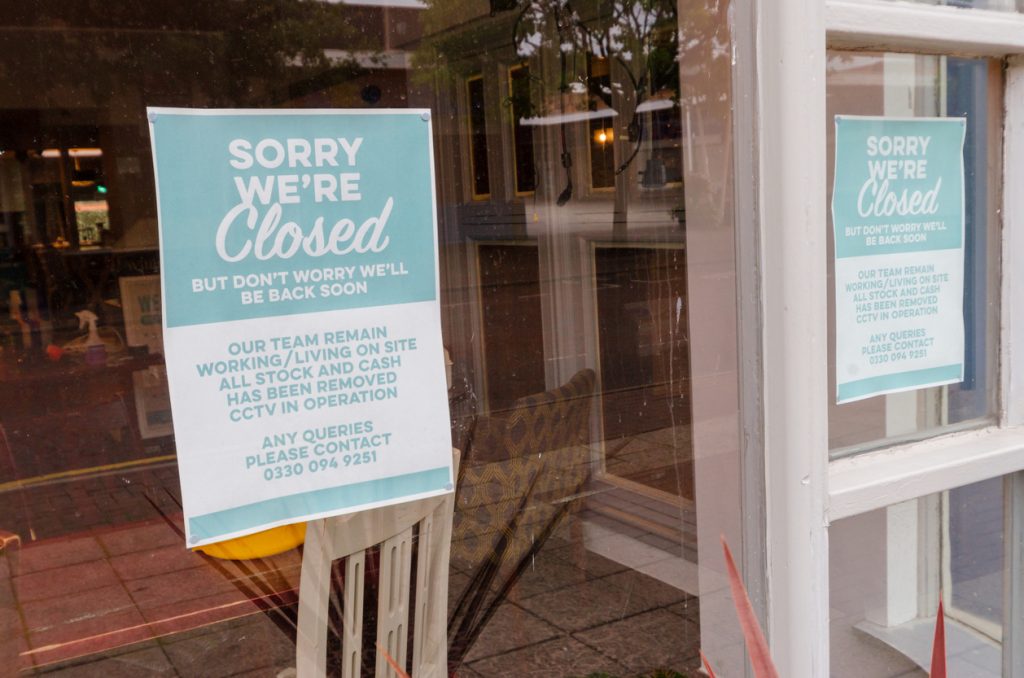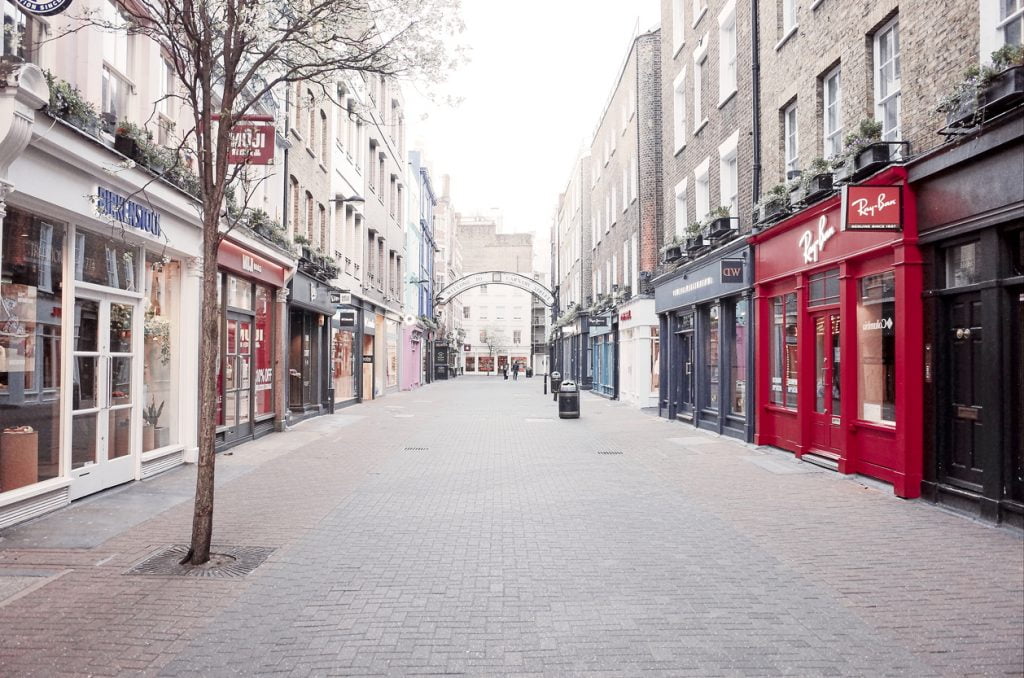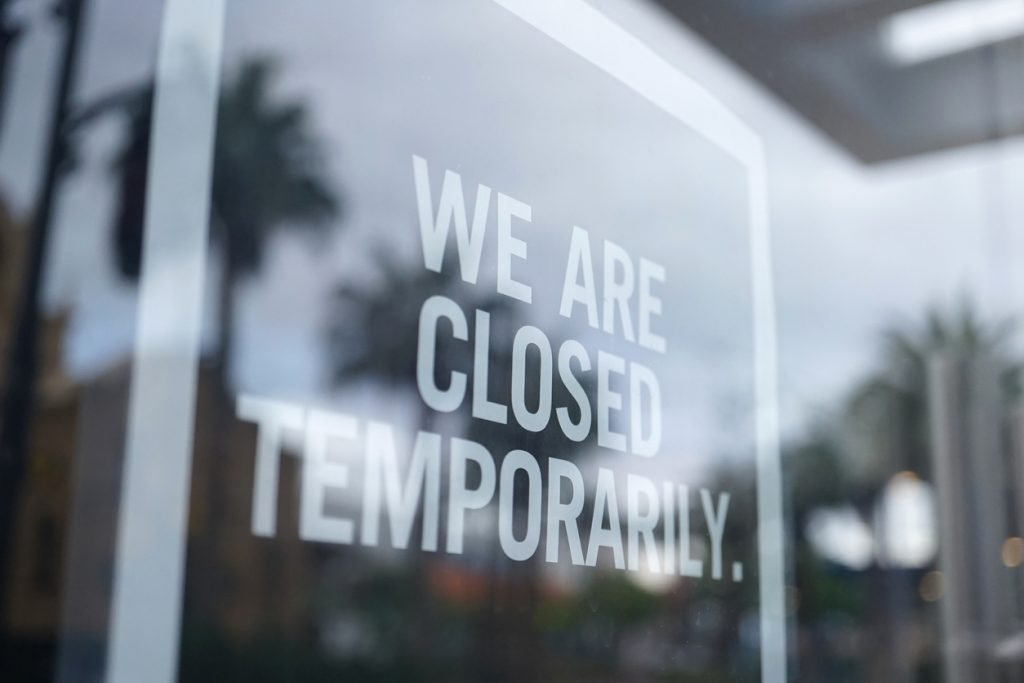Commercial Property Forecast for 2021
2020. A year none of us will forget in a hurry.
Some sectors have fared better than others, and we’ve asked our in-house experts for their forecast for the coming months within the residential, retail and hospitality sectors.
Hospitality Sector
2020 has been a crippling year for the hospitality industry, and for those pubs and restaurants that survive and make it to 2021, the year will be spent assessing the impact that the Covid-19 restrictions had on their business and trying to recover from it.

Victoria Trafford, Director of Harris Lamb’s Licensed and Leisure team, said: “With hospitality businesses having invested heavily in making their properties as safe as possible for customers and staff, purchasing PPE, installing sanitiser stations, introducing more frequent cleaning of venues, increasing staff training and losing seating and investing in screens to facilitate the necessary distancing between tables, they have since had a 10pm curfew placed upon them before the majority of the country were once again banned from socialising within a hospitality setting.
“Much of this year has been – and we suspect the first quarter of next will be – spent guiding clients through the business support packages available to them as we assist publicans in their fight against long term closure. Understandably there is a massive amount of frustration and distress throughout the sector.

“Already, in the Licensed Trade and hospitality industry, there have been redundancies and the developments of the past three months have had a huge financial impact on every pub’s bottom line. Those venues that invested in covered areas, outdoor heating and booths to make the Tier 2 rules viable were quickly hit with a further national lockdown, with many emerging from that earlier this month to find they still weren’t able to open their doors as they’d been regraded to tier three.
“While grants have been put in place for pubs based on their rateable values, we will continue to work with clients into 2021 to secure refunds for periods not covered by the Government relief system and to ensure access to whatever financial aid is available to them, arguing for zero rates on sites that are forced to close or have never been allowed to reopen.
“We know that across the board, local authority leaders and individual MPs are reasoning with the Government to take into account local epidemiology and trust in licensees to take all necessary steps to protect staff and customers alike, rather than place sweeping measures upon them that could prove fatal to these businesses at such a crucial time, but with the current feedback we are receiving from our clients, the outlook and mindset within the sector is bleak.
“We are doing everything we can to work with hospitality venues to access as much Government support as possible and can only hope that a review of procedures sooner rather than later and the roll-out of the new vaccine will signal a much-needed break for the sector,” she added.
Residential Land

In contrast, our Residential Land agents say that the future is bright for the sector as we move into 2021. James Willcock said: “Despite the long hiatus following the UK’s first national lockdown in March, when construction work was unable to progress and investors understandably paused their plans, as restrictions were eased, there was an increased appetite for purchasing development land for residential and student accommodation throughout the country.
2020 saw numerous opportunities progressed, with various land parcels and former industrial sites being sold in East and West Midlands, in Yorkshire and the North West for residential conversion and development, and we are moving into the new year with a significant number of opportunities to take to market.
Ultimately, 2020 was the year that people spent more time in their homes than ever before, and that instilled a huge demand for more housing in the country as people’s desires changed and they committed to renovating, selling up and investing in new homes. The appetite for new homes is higher than it has been in over a decade, and developers are keen to capitalise on that demand and fulfil it.”
Retail Sector

The year has been equally dismal for the High Street, explains David Walton, Head of Retail.
“While ‘essential retailers’ became the go-to phrase of 2020, the expense that supermarkets, greengrocers, butchers, corner shops and others had to outlay to ensure that the necessary protocols were installed and adopted to keep staff and customers safe immediately impacted on their bottom line. However, we have seen larger retailers repaying their rates relief this month on the back of good profits.
“We have seen a slowdown in higher value lettings, but smaller fleet of foot retailers are still taking on space and we are actively letting units in local centres.
“For those retailers that could not open their doors for months of the year, the damage was further-reaching, with widespread redundancies and the sad collapse of some long-standing High Street names and multiple independent retailers. Sitting at home on lockdown and witnessing the Amazon parcels arrive along the street the increase in online sales has inevitably accelerated.

“More positively the demand for roadside units, takeaways and restaurants remain and this year’s changes to the planning use classes should see a continuation of this demand next year.”
Here’s to a much better 2021.
